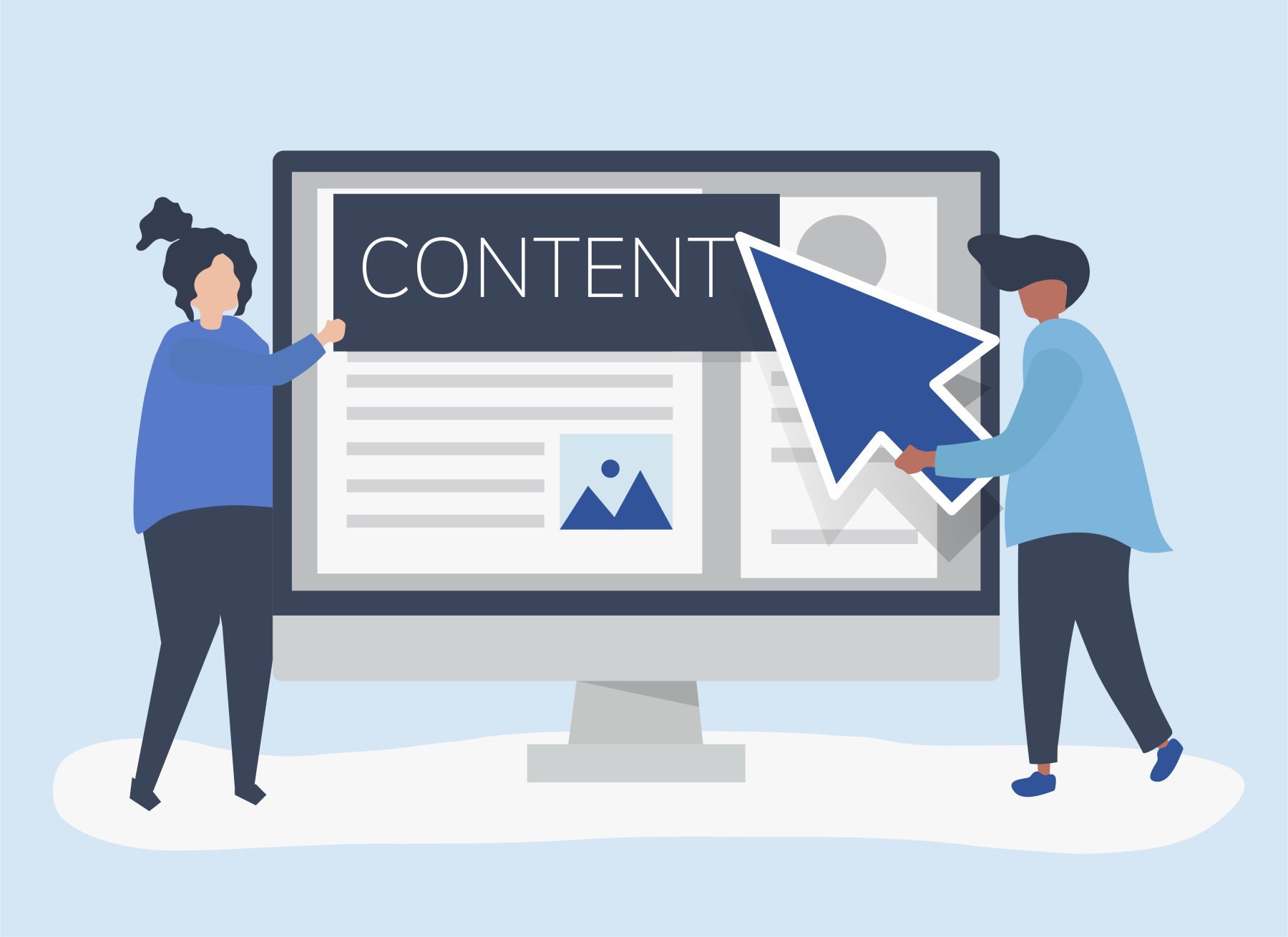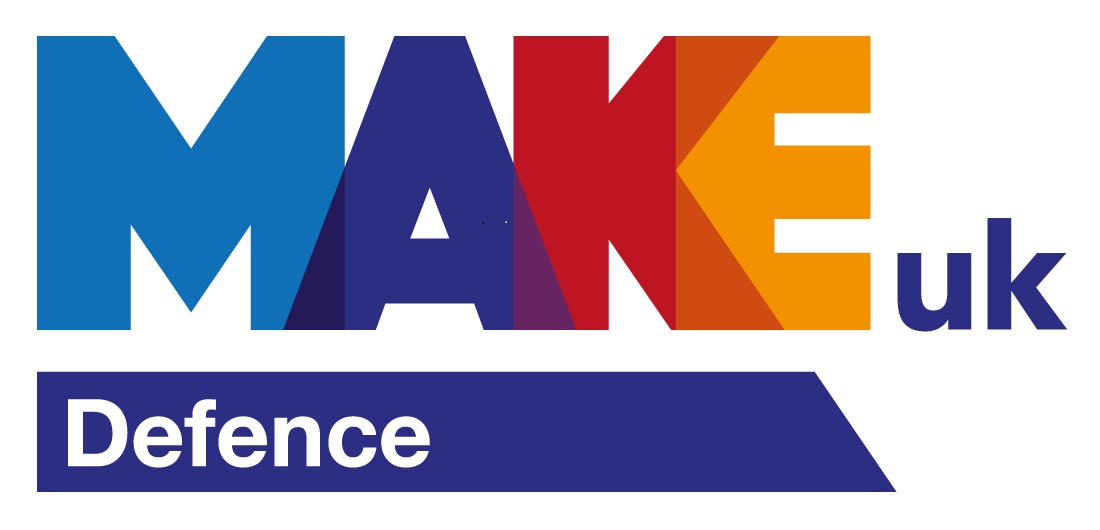Five important tips for content planning
03.09.20


03.09.20

So, you’ve decided you need to generate more content for your organic channels, but you’re not quite sure where to begin.
There will be lots of questions you will be asking yourself: What type of content should we develop? Where should we distribute it? What should we even be saying in it?
We understand that in the world of constant content absorption in which there are many types of content, distribution channels and styles, it is hard to know where to start.
There is also not a one-size-fits-all approach, so you need to tailor your content marketing strategy to your company’s specific needs. It is easy to feel overwhelmed with generating just a few pieces of content, let alone delivering a full strategy that aims to publish content over a prolonged period or sales campaign.
As an introduction to content generation, we’ve put together a handy guide outlining five considerations to make when starting off.
The first thing to determine is why you think content generation will help support your sales and marketing strategy and the messaging you want to put out. While it is true that being digitally present is vital for companies in this day and age, content for the sake of content may not be received well.
Aim to highlight the end goal you are aiming for in publishing blog posts, whitepapers or video, be it brand awareness, to highlight products for a sales campaign, drive traffic to your website, or perhaps to promote the company for recruitment purposes.
Unfortunately, cause and effect with marketing is not always as straightforward as we’d like it to be, so it is important to assess why you are adopting this approach. Be aware that it may not have overnight success, so instead try to identify smaller targets that can be achieved along the way.
Whatever the ‘why’, it is important to keep this in mind throughout, ensuring that the content assets add value to this initiative. It needs to be engaging and informative, so make sure you return to the reasons for generating the content regularly.
Identifying who you are talking to with your content is also important.
Different audiences will respond to content in different ways, and this should also inform the execution of your marketing campaign. For example, if the aim is to target government decision makers, the content will vary vastly to, say, entry level graduates that you are seeking to recruit.
Try and determine what you want your target audience to take away from the content that you are publishing, and how it will help inform their opinions on engagement with your company. This will be important in steering the direction of the material you produce.
We suggest creating a buyer persona, or several buyer personas, which are representations of your ideal customers based on your market research and existing data.
Once you’ve defined why you are embarking on this path and who your target audience is, you need to determine what the best type of content will be that will pique their interest.
There are a multitude of content formats, some of which are quicker to generate and are more top level in what they are communicating, which is ideal for social media platforms, for example. On the other end of the spectrum there are in-depth pieces such as whitepapers that will offer more detail on your products and solutions for industry experts.
Budgets and capacity often mean that some types of content are easier for companies to generate, but it is worth considering if investing in a range of types via a more comprehensive strategy might multiply the return on that investment.
On the other hand, flooding your social media channels with lots of content types that have no merit can have an adverse effect, so creating a content plan is essential to success in this.
There is no point in producing great content if it isn’t going to be seen.
It is important to ask, how does your audience typically access information that helps inform decision making?
Not only are there a wide range of content types to consider, there are also many channels for distributing it that you need to decide on. Certain content types work better with particular channels, while certain distribution channels will be used by some demographics more than others.
The great thing about generating organic content is that you are free to repurpose the same material and exploit it over different channels at different times. The same content can be pushed multiple times if done in line with a content plan, so long as republishing it/highlighting it again adds value to what you are trying to achieve.
Furthermore, there are other avenues that you might want to consider in addition to free hosting on your own website and socials.
This includes paid digital advertising (LinkedIn, Google Ads and so on), and sponsored content on third party websites. SEO is also critical if you are hosting on your website and want to drive traffic to it, and is another metric to consider throughout.
Now you’ve established the why, who, what and how of your content strategy, you need to develop a plan in order to effectively deliver it.
This will help ensure that there is a steady stream of content being published in line with sales objectives and milestones over a certain period (be it a set amount of time to support a particular sales campaign or an ongoing indefinite content plan).
A plan also means team members have oversight of what content creation they are responsible for, and they can make changes when needed. It will help to ensure that everybody involved – be it within your teams or external contractors if they are being used – are all aware of what is happening, as well as providing work flow and deadlines for each stage of the process.
This does not have to be set in stone of course, and we all very aware that unpredictable events can alter plans. Rather, it will be a guide that offers structure and direction but that can be flexible as required.
We hope you have fun on your content planning journey!


Signatories of:


Members of:



Innovation House
Molly Millars Close
Wokingham
RG41 2RX